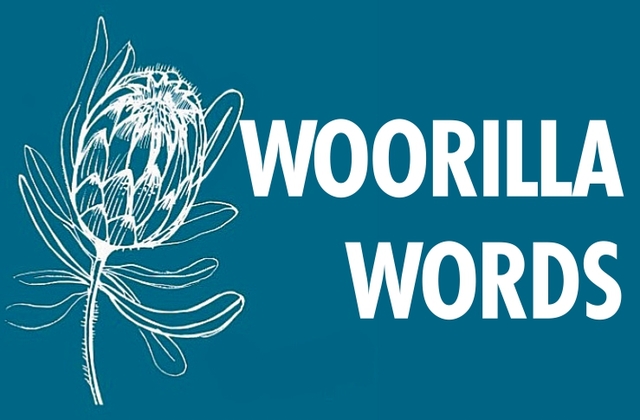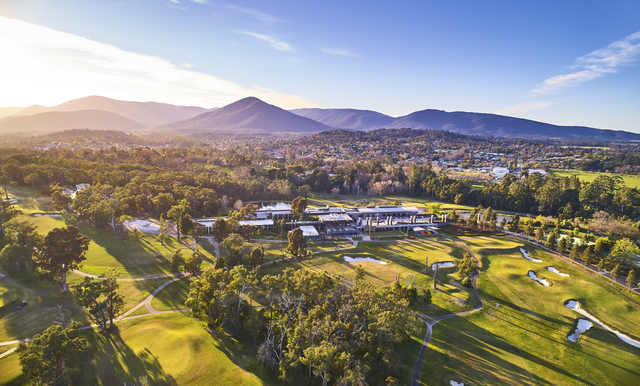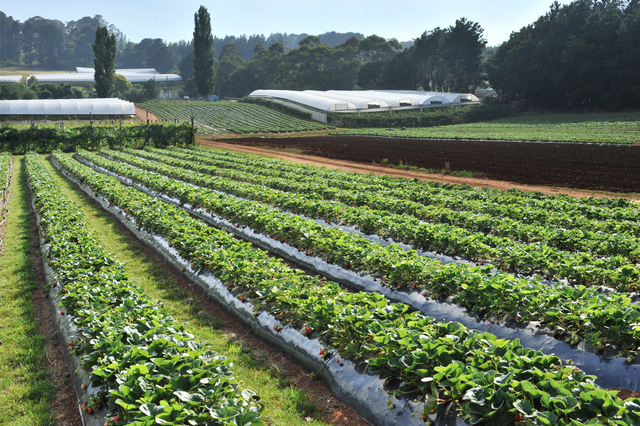Just by chance this week I came across a copy of Alvin Toffler’s 1970 book Future Shock.
Toffler’s main idea was that societies were entering an era of rapid, exponential change, and that this pace of change, particularly in technologies would soon outstrip human psychological and social ability to cope.
Looking at the many problems we are daily confronted with either in our own lives, those of our nearest and dearest or the many instances of breakdowns in social cohesion, it seems Toffler was anticipating what is happening now.
Today we are experiencing a cultural lag as technology evolves faster than values, ethics, and laws.
But writers and thinkers have long reflected on how changes can create disorientation and social problems.
Writing in 1934 T S Eliot’s concerns seem eerily relatable.
T.S. Eliot – The Rock (Excerpt, 1934)
The endless cycle of idea and action,
Endless invention, endless experiment,
Brings knowledge of motion, but not of stillness;
Knowledge of speech, but not of silence;
Knowledge of words, and ignorance of the Word.
All our knowledge brings us nearer to our ignorance,
All our ignorance brings us nearer to death,
But nearness to death no nearer to God.
Where is the Life we have lost in living?
Where is the wisdom we have lost in knowledge?
Where is the knowledge we have lost in information
Today the pace of change in all areas of our lives has accelerated.
Nothing lasts: from kitchen appliances to ideas and careers, as we are forced to make constant changes.
It’s no wonder that many are suffering anxiety, depression and a sense of rootlessness, particularly the young.
Digital life creates virtual belonging but isolates physically.
Gangs, extremism, or criminal networks offer identity and structure.
Young people may not see old rules as relevant.
Social norms break down; deviance becomes normalized or even glorified online.
This search for belonging may lead to finding a ‘home’ in a gang.
There are characters at large that resemble Fagin in Oliver Twist who taught the young homeless boys in Dickens London how to pickpocket, and then fenced their stolen goods.
Toffler doesn’t excuse crime but acknowledges that people may act out destructively in an overstressed, rapidly changing world.
Other factors also play a part: poverty, education, inequality, mental health.
Toffler argued that, If society fails to help people adapt to the future, they will rebel against it in whatever ways they can.”
Toffler warned that future shock creates a ‘subculture of the rootless’ — disconnected people more prone to acting out their frustrations.
Like the many recent instances of youth behaving badly: from car-jacking, brazen thefts in supermarkets to the far too many instances of gang attacks tragically often ending in death.
Violence and antisocial content becomes entertainment.
Toffler points out: The rules haven’t caught up with the reality” — and in the chaos, antisocial behaviour becomes an outlet or a protest.
Constant media, AI-generated content, and algorithmic engagement reduce empathy.
Toffler noted the dangers of information overload leading to emotional numbness and impulsivity.
Understandably many are calling for harsher punishments without looking deeper into why this is happening.
Locking up and throwing away the keys as many would like to happen does not solve the problem.
Many people are now experiencing insecure employment, housing stress, homelessness or domestic violence.
Job insecurity exists in the face of galloping technology and the pressures of the unknown spectre of A1.
Long gone are the days when after leaving school you could find a job in retail, banking or as an apprentice and be certain of long time security.
This week’s ANZ announced that 3500 would be redundant by next September, also impacting 1000 contractors.
This is but one example of job insecurity many face.
A sword of Democles hangs over many who struggle with mortgage repayments.
AI was not Toffler’s main focus, but he anticipated its disruptive psychological and societal impacts, experienced when confronted with too much change in too short a time.
He identified areas like information overload: today social media algorithms, endless news feeds, and data deluge driven by AI require constant filtering and mental energy.
In Jorie Graham’s Fast her fractured lines mimic the breakneck pace of screens, feeds and alerts, all vying for our attention.
The whole world is inside you now,
bones and all, the clicking,
clicking
In many ways, we are living in the world Toffler warned about, with AI acting as a key accelerant of the very forces he described.
His concept of “future shock” is a powerful lens for understanding today’s AI anxiety and the stress of constant, unpredictable change.
The illiterate of the 21st century will not be those who cannot read and write, but those who cannot learn, unlearn, and relearn
This quote captures Toffler’s belief that in an age of rapid technological change, adaptability is the new literacy.
While Future Shock doesn’t centre AI as its main subject, Toffler foresaw the impact of intelligent machines, automation, and decision-making systems that resemble what we now call AI.
The question is whether we are preparing the next generation to cope with the tsunami of changes in every aspect of their lives that will engulf them.
Machines will increasingly replace human workers, not just in manual labour but in decision-making roles.
Super-industrial societies will rely on information and knowledge work rather than traditional labour.
Human beings will struggle to keep up with technological complexity and data volumes, leading to a need for decision-support systems (which we now often use AI for).
Toffler didn’t predict AI directly, but he predicted rapid technological effects on society with startling accuracy.
He warned that if we don’t intentionally manage technological change, we’d risk psychological burnout, social fragmentation, and loss of meaning—all of which are now being amplified by AI.
We must not forget the many benefits that advanced technology has brought to us and will only continue to do so: Early diagnosis and precision medicine, automation of repetitive tasks, climate modelling and prediction, smart factories AI-powered robotics. And creatives are increasingly embracing the part AI helps generate art, music, writing, and design, sparking new forms of creativity.
In Toffler’s words, ‘it’s not just a technological crisis.
It’s a “crisis of adaptation’ — and if society doesn’t adopt lifelong learning and constant reskilling in the face of AI disruption then we face a dysfunctional society.
At the same time our leaders and lawmakers must ensure that the new reality is acknowledged.
And we must treat these changes as positive outcomes of centuries of human ingenuity but remember to use these innovation as tools for a better society and not as our masters.
Richard Brautigan in All Watched Over by Machines of Loving Grace imagines a future where technology is both intimate and integrated with life.
I like to think (and
the sooner the better!)
of a cybernetic meadow
where mammals and computers
live together in mutually
programming harmony







